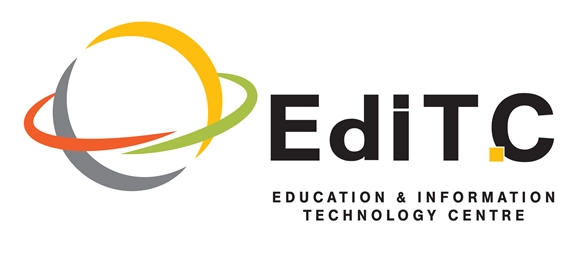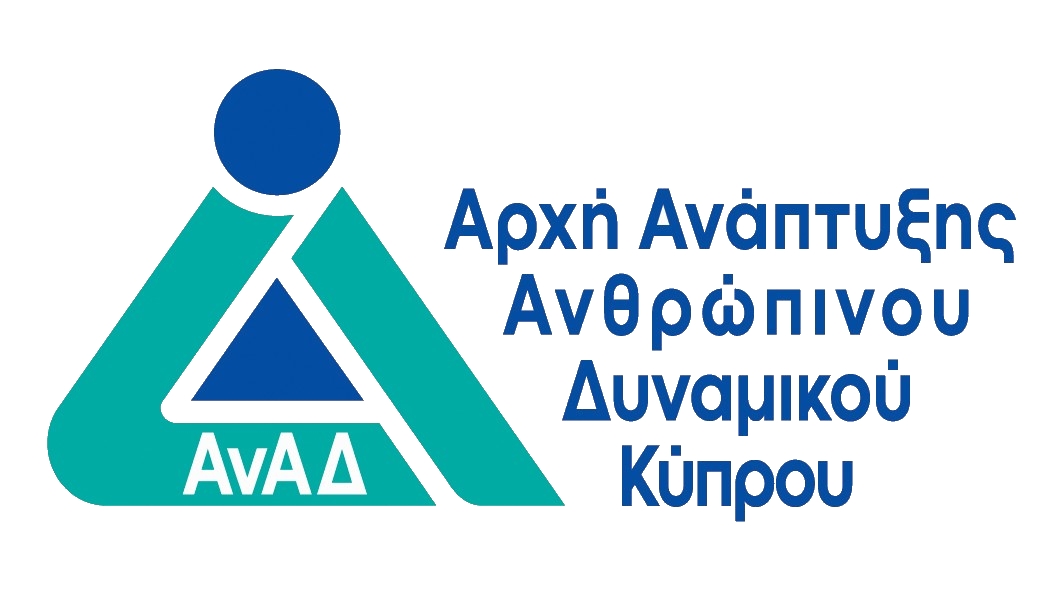
Introduction to Project Management: Planning and Monitoring Projects by Mastering MS project
- Οργάνωση/ Διοίκηση/ Ηγεσία

ΠΕΡΙΓΡΑΦΗ
A practical approach for managing and monitoring projects through a case study using MS Project as a tool
Implementing projects is an integral part of every business of any size. Modern studies show that 50% of the companies’ workforce deals with projects.
The modern and competitive business environment demands the best possible project efficiency which requires a professional approach to managing projects. This course addresses the basic principles in project management where at the same time participants learn through a case study how to plan and monitor a project by Mastering Microsoft Project. Therefore, during this practical approach participants learn in depth how to use MS Project.
ΣΚΟΠΟΣ ΣΕΜΙΝΑΡΙΟΥ
Upon completion the participants will:
- Understand the definitions such as project, project management, work packages, knowledge areas, deliverables
- Be able to design a project following project management principles and techniques and plan it using MS project as a tool
- Understanding resources and how these can be assigned to tasks
- Be able to cost activities and resources
- Understand and “crash” the critical path
- Be able to monitor the project
ΣΕ ΠΟΙΟΥΣ ΑΠΕΥΘΥΝΕΤΑΙ
Project Managers. Project Coordinators, Project Management Team members
ΠΕΡΙΣΣΟΤΕΡΕΣ ΠΛΗΡΟΦΟΡΙΕΣ
Prerequisites
There are no prerequisites for this course.
TOPICS
Unit 1: Introduction
- The modern Era
- Your self—evaluation as a Project Manager!
- Our aim
- Definitions
- Project
- Project Management
- Work packages
- Deliverables
- Resources
- Project Characteristics
- Project Life Cycle
- Cost and resources during the life of the project
- Stakeholders, Risk and Uncertainty
Unit 2:
- Project Management Process and the role of project manager
- Project management processes and PMBOK
- Processes
- Knowledge areas
- The Project Manager’s characteristics
- Project Initiation Processes
- The Project Charter
- Initial statement of the project objective
- Getting ready to plan a project based on a case study
Unit 3 Development of a new plan
- Starting a new plan, and setting its start date
- Setting nonworking days in the project calendar
- Entering the plan’s title and other properties
- Break down of tasks using WBS
- Key points
Unit 4 Building a plan and using dependencies
- Using the 4 dependencies
- Defining tasks, durations and milestones
- Creating summary tasks for WPs
- Creating task dependencies with links
- Switching task scheduling from manual to automatic
- Checking the plan’s duration and finish date
- Documenting tasks
- Understanding Network Diagrams, Gannt Charts etc
- Key points
Unit 5 Setting up resources & Costing
- Definition of Resources
- Adjusting working time in a resource calendar
- Setting up cost resources
- Documenting resources with notes
- Key points
Unit 6 Assigning resources to tasks
- Assigning work resources to tasks
- Controlling work when adding or removing resource assignments
- Assigning cost resources to tasks
- Checking the plan’s duration, cost, and work
- Key points
Unit 7: Critical Path & Baseline
- What is a critical Path?
- Methods of identifying the Critical Path
- “Crashing” the critical Path
- What is a baseline?
- How to establish a baseline
Unit 8 Sharing information
- Customizing a Gantt Chart view
- Customizing a Timeline view
- Customizing reports
- Copying views and reports
- Key points
Unit 9 Monitoring the plan
- Techniques for monitoring the plan
- Tracking progress with MS Project
- Key points
Unit 10 Advanced scheduling techniques
- See task relationships with Task Path
- Adjusting task link relationships
- Setting task constraints
- Interrupting work on a task
- Adjusting working time for individual tasks
- Control task scheduling with task types
- Key points
Unit 11 Fine-tuning your plan
- Deadline dates
- Fixed Costs (i.e. Down payments)
- Recurring task
- Managing the critical path
- Key points
Unit 12 Levelling Resources
- Examining resource allocations over time
- Resolving resource overallocations manually
- Leveling overallocated resources
- Inactivating tasks
- Key points
Unit 13 Organizing project details
- Sorting Project details
- Grouping Project details
- Filtering Project details
- Creating new tables
- Creating new views
- Key points
Unit 14 Tracking progress on tasks and assignments
- Updating a baseline
- Tracking actual and remaining values for tasks and assignments
- Tracking timephased actual work for tasks and assignments
- Rescheduling incomplete work
Unit 15 Viewing and reporting project status
- Identifying tasks that have slipped
- Examining task costs
- Examining resource costs
- Reporting project cost variance with a stoplight view
Unit 16 Getting your project back on track
- Troubleshooting time and schedule problems
- Troubleshooting cost and resource problems
- Troubleshooting scope-of-work problems
Πληροφορίες Εκπαιδευτή
Αναλυτικό Κόστος Σεμιναρίου
Για Δικαιούχους ΑνΑΔ
- € 650.00
- € 420.00
- € 0.00
- € 230.00
- € 230.00
Για μη-Δικαιούχους ΑνΑΔ
- € 650.00
- € 0.00
- € 123.50
- € 650.00
- € 773.50
Κοστολογικές Πληροφορίες
Άν είστε άνεργος, συμπληρώστε τη πιο κάτω φόρμα εγγραφής και θα επικοινωνήσουμε μαζί σας
 Ελληνικά
Ελληνικά  English
English



 Ελληνικά
Ελληνικά
 21 ώρες
(
5 μέρες
)
21 ώρες
(
5 μέρες
)









